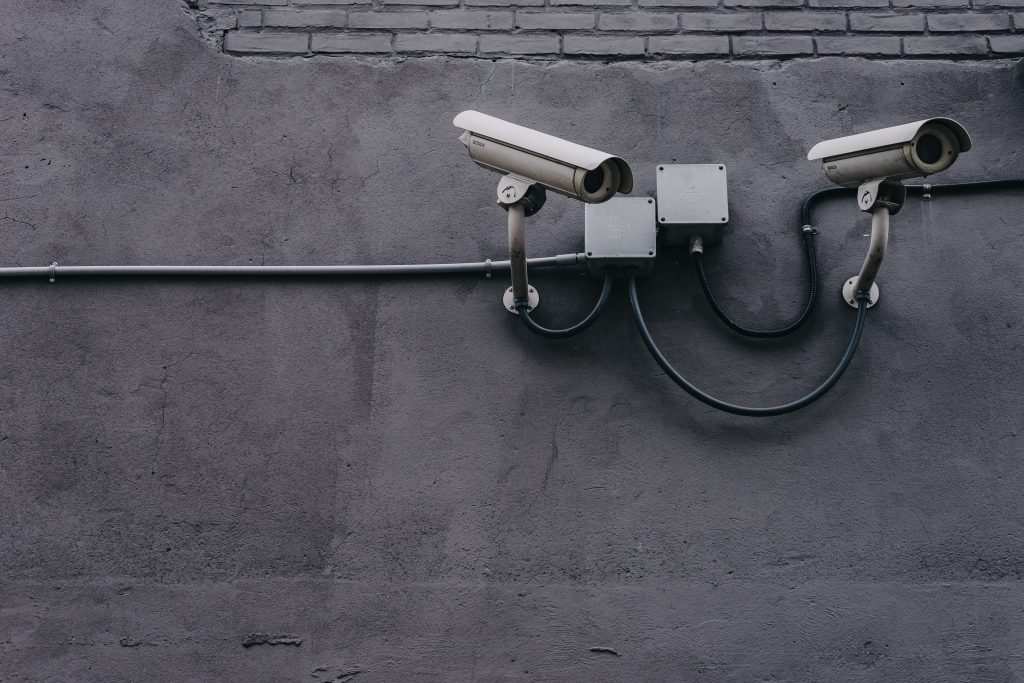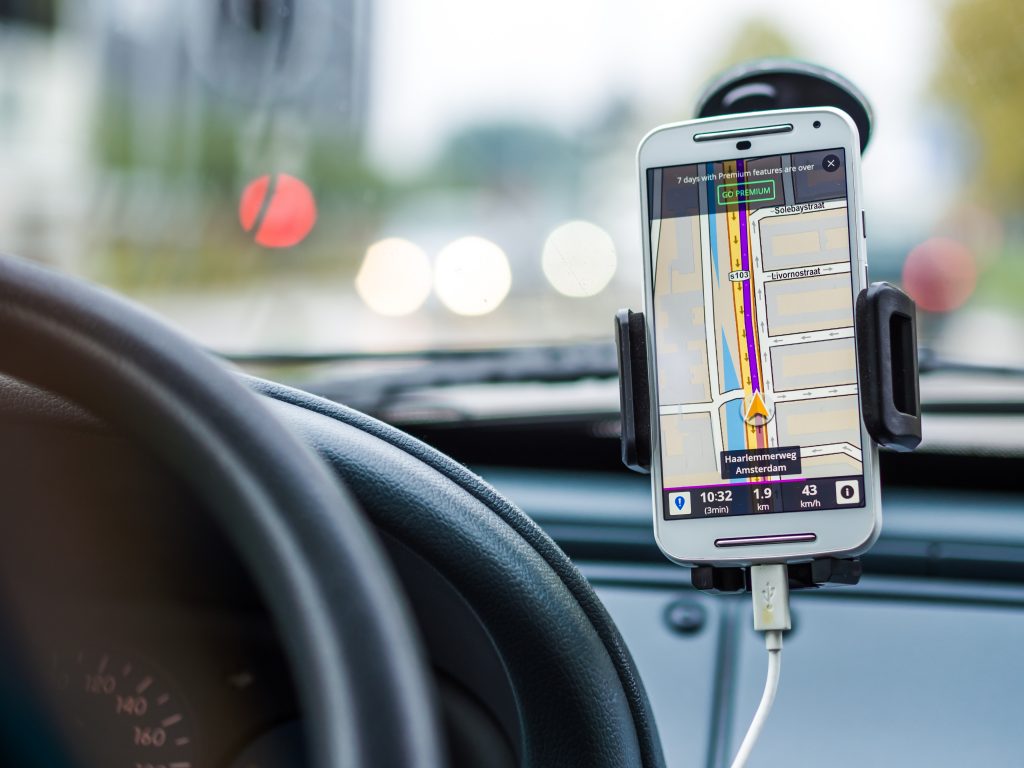Don't miss our holiday offer - 20% OFF!

Read also : Electrical Sensors Enhancing Energy Efficiency and Cost Savings
In this rapidly evolving technological era, IoT (Internet of Things) innovation has emerged as a powerful solution across various sectors. One sector that greatly benefits from this technology is social services. In this article, we will explore how IoT sensors play a crucial role in revitalizing social services. We will examine how this technology enhances operational efficiency and provides greater satisfaction to beneficiaries.
Contents
Optimizing Social Services with IoT Sensors
Social services are a vital aspect of society responsible for assisting individuals and families in need of support. This sensors can bring about significant changes in the way social services operate:
Monitoring Health Conditions

Read also : Utilizing IoT in Flood Monitoring and Early Warning Systems
IoT-connected health sensors enable social services to better monitor the health of beneficiaries. For instance, sensors attached to elderly patients provide real-time information on heart rate, blood pressure, and more. This allows for faster intervention and more timely medical treatment.
Environmental Monitoring

Read also : Monitoring Navigasi Buoy Laut dengan fluxTrack
IoT sensors can be used to monitor the environment where beneficiaries reside. Air humidity sensors, smoke detectors, and other devices can swiftly identify emergency situations, such as fires or gas leaks. This helps reduce risks and provides additional protection to beneficiaries.
Location Tracking

Read also : IoT dan Pertanian: Revolusi Teknologi untuk Produktivitas dan Efisiensi
With the assistance of GPS sensors and IoT tracking, social services can ensure that beneficiaries are safe and easily locatable. This is particularly crucial in situations where beneficiaries may be at risk, such as lost children or individuals with cognitive impairments.
Asset Management

Read also : Enhancing Flood Management with Camera Sensors and Imagery
Social services often possess valuable assets like vehicles and medical equipment. IoT sensors allow real-time tracking of these assets, ensuring efficient utilization and preventing loss or unauthorized use.
Conclusion
IoT sensors have ushered in new opportunities for revitalizing social services. With this technology, social services can improve operational efficiency, monitor beneficiaries more effectively, and provide more responsive services. This, in turn, enhances beneficiary satisfaction and contributes to the creation of a safer and more empowered society. As IoT technology continues to evolve, the hope is that social services will further develop, providing greater benefits to those in need. In this way, technology plays a crucial role in ensuring improved social welfare.





